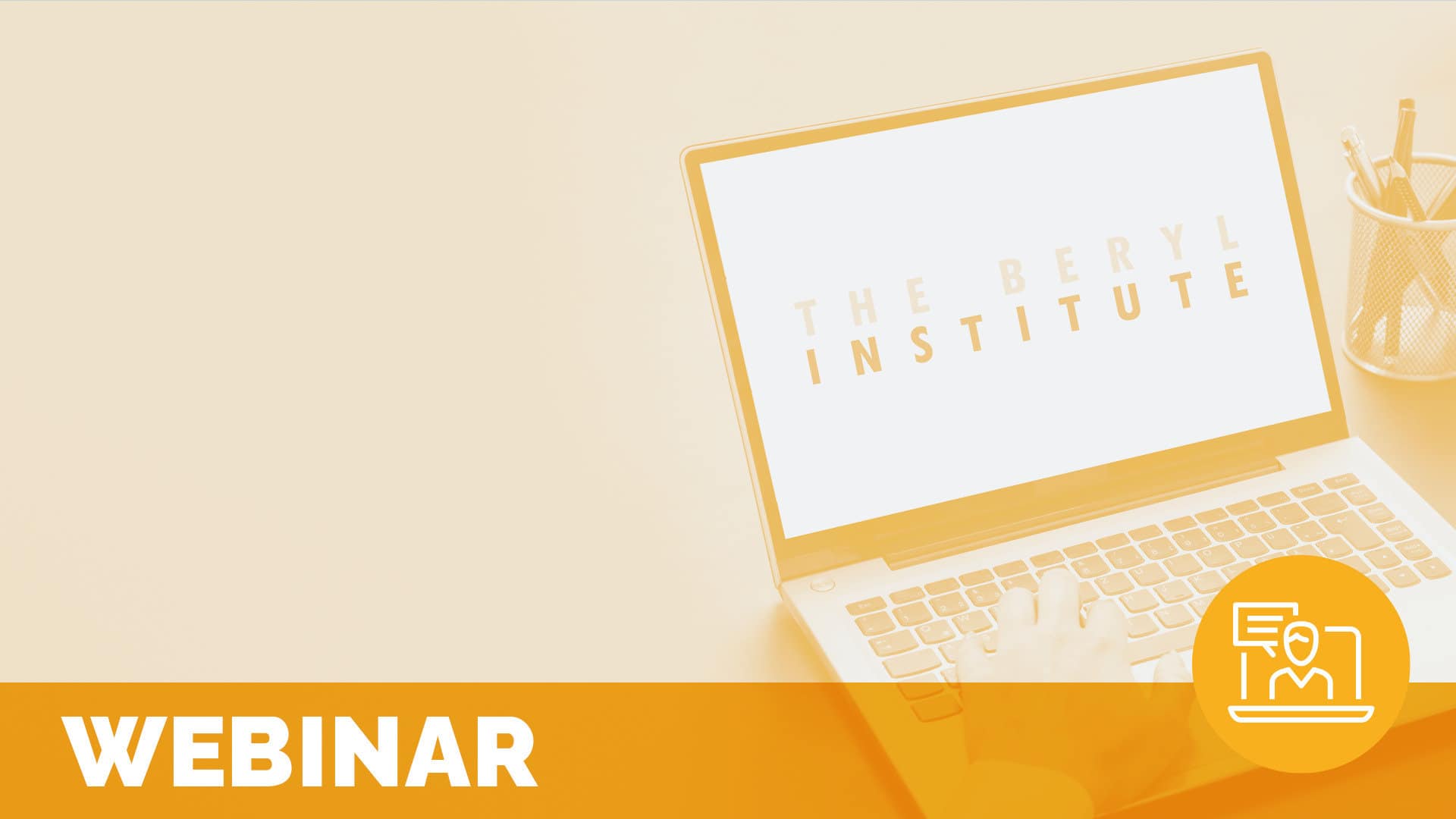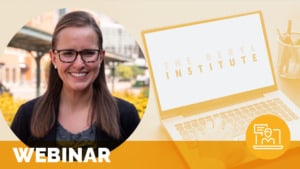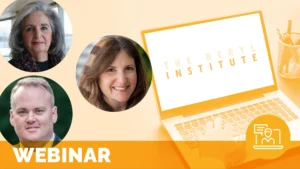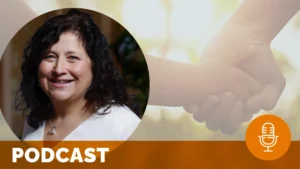Leading the Way by Communicating for Accountability and a Culture of Safety

Maysel Kemp White, PhD, FAACH, Vice President, External Education, American Academy on Communication in Healthcare
Leading the way by communicating for accountability in a culture of safety is designed for those looking to strengthen their skills in communicating for accountability. The three part series begins with an experiential exercise where expectations are not clearly identified and this typically leads to a mishap. We then explore what might have been a safer way to communicate expectation to prevent harm to a patient. In the second session, we focus on using the ARTS dialogue skills (Ask with skilled inquiry, Respond with empathy, then Talk about your perspective in behavioral terms, and Seek collaborative solutions). In the third session, we focus on using a safety algorithm to assess case studies for behaviors (mistake, at risk, or reckless) and determine the appropriate leadership action (consoling and education, coaching, or corrective action). We conclude with the skill of ending a delegation and working on a case each person is currently struggling with in their current environment.
Related content
-
 Culture & Leadership | Innovation & Technology
Culture & Leadership | Innovation & TechnologyHarnessing Technology for Patient-Centered Rounding: Trends and Best Practices
Watch an illuminating journey into the world of rounding technology within healthcare organizations, spotlighting its role in capturing in-the-moment feedback as part of a comprehensive XM (Experience Management) listening strategy. Delve into the latest tech trends, implementation strategies, and patient engagement tips through practical insights and real-world case studies. Don’t miss this opportunity to gain
Learn more -
 Culture & Leadership | Patient Family & Community Engagement
Culture & Leadership | Patient Family & Community EngagementApplying Equity, Diversity, and Inclusion in Co-design with Patient Experience Partners
Watch this webinar to learn about the Patient Experience Partner (PXP) Program at North York General Hospital (NYGH), a 480-acute care bed community academic hospital in Toronto, Ontario, Canada. The presenters will provide an overview of a specialized volunteer program for the purpose of informing hospital service design through the patient and caregiver lens. PXPs
Learn more -
 Culture & Leadership
Culture & LeadershipBroaden the Scope of What You Consider Experience
Stacy Palmer, Senior Vice President & COO of The Beryl Institute, sits down with Pattie Cuen, Senior Vice President of Jarrard Inc., to discuss a recent consumer survey about public values in healthcare experience. Listen in as Cuen shares key insights and emphasizes the importance of seeing the bigger picture of experience by focusing on
Learn more
